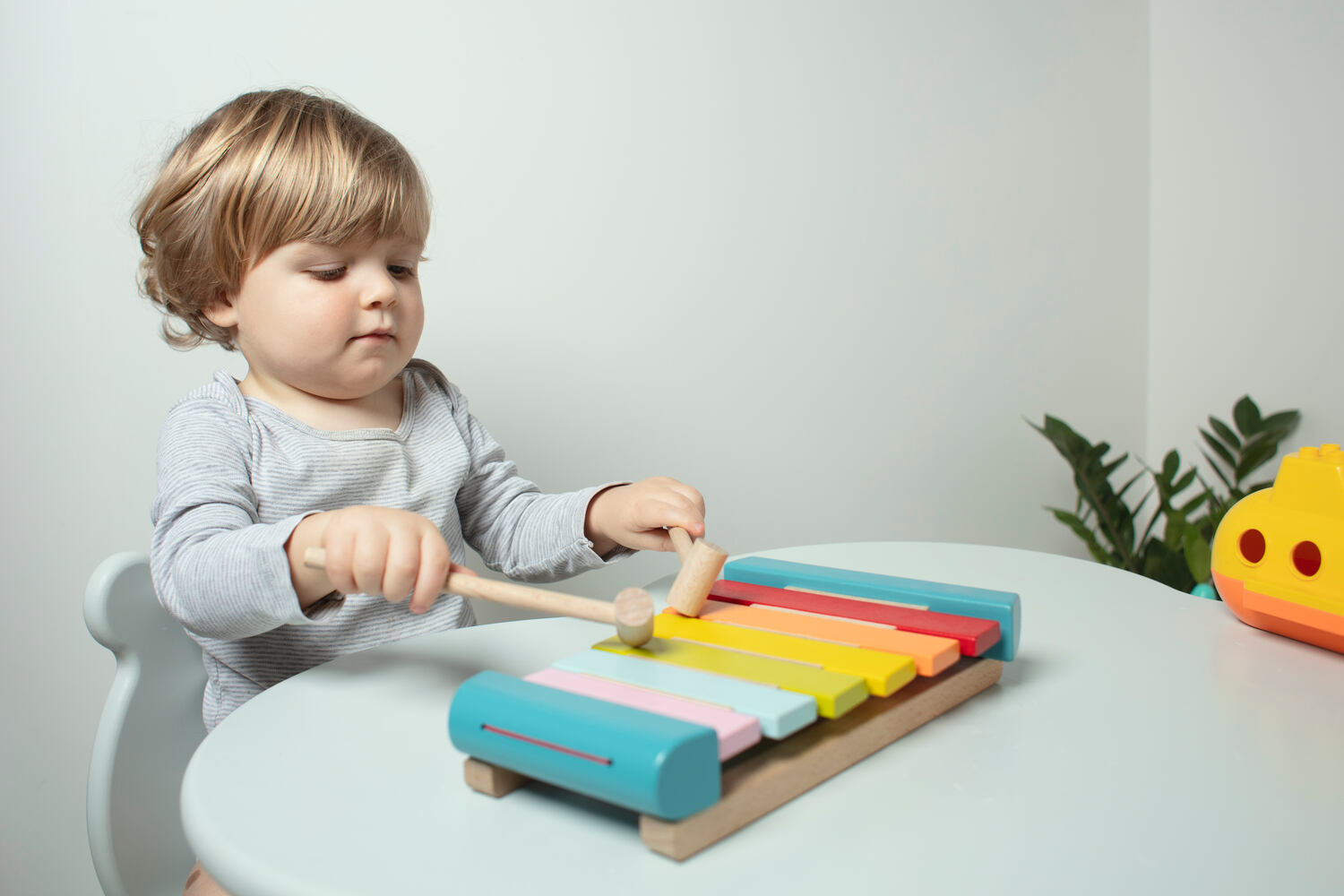
A lot of changes can happen in just one short month! What new toddler milestones can you expect your active toddler to achieve this month? Can you help them in any way? All parents want the best for their little ones and are ready to support them in any way possible. Knowing what toddler milestones are in the pipeline can be very useful.
Toddlers may not need help with everything anymore. They are bigger, stronger, and more independent now. They may not like you “helping” them but that doesn’t mean you should step away. Parents can help in a subtle manner without interfering in the developmental process. Find out how!
In This Article
- Developmental Milestones For 33-Month-Old Toddlers
- Growth Chart For a 33-Month-Old Toddler
- Tips to Boost Your 33-Month-Old’s Development
- Health And Care of Your Toddler
- Some Useful Tips For Your Toddler
- FAQ’s
Developmental Milestones For 33-Month-Old Toddlers
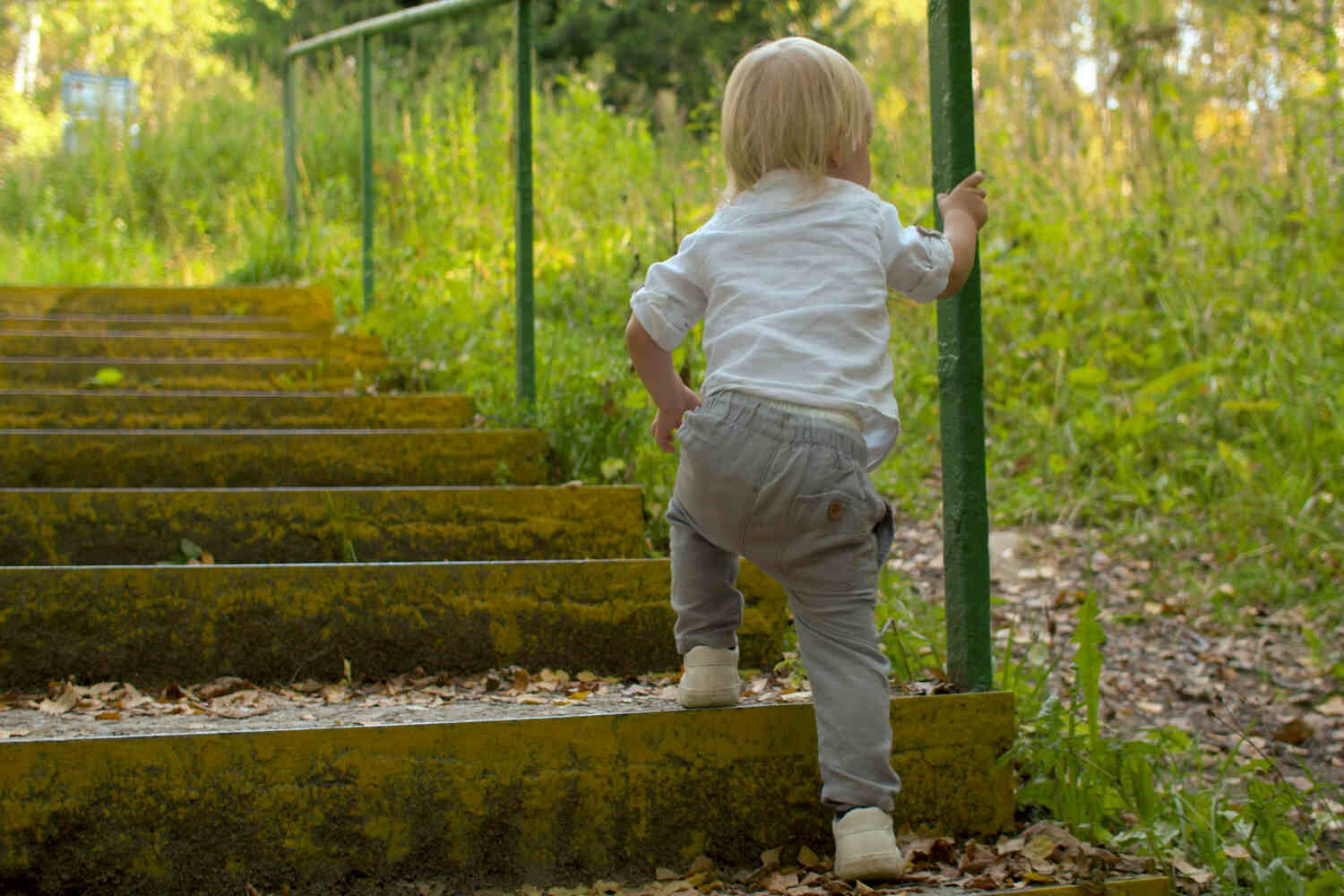
Some developmental toddler milestones for a 33-month-old are-
Moving With Confidence
- Your toddler can now walk and run better with more confidence
- They may not stop abruptly when they run toward a wall or piece of furniture
- They can now maneuver better and will continue running without stopping
- Their spatial awareness is better, enabling them to run near walls and doors without hitting them
Use Alternating Feet
- Most toddlers are comfortable climbing up and down the stairs by now
- They can use both feet alternatively instead of landing both feet on the same step every time
- Toddlers comfortable or used to stairs may even start running up the stairs
- Some may try climbing stools and anything that resembles a step as they find it very exciting
Simple Questions
- Your toddler can now understand simple questions like “Where is your mother” or “Do you want water?”
- Many can even respond in simple sentences using 3 or more words
- Some may still answer in monosyllable, especially when distracted
The Concept of You And I
- With improved communication skills, your toddler can now use “you” “me” and “I” correctly
- They will start using such pronouns in their small sentences
- Your toddler can now say “ I want water” instead of just “water”
- With more personal interactions, toddlers will start forming better sentences
Naming Objects
- Most toddlers can name a few common items around the house
- They can even name a few toys like balls, cars, etc.
- They can now name people they interact with frequently too- like the name of their sibling, or anyone they interact with regularly
- If you teach them their name, they can tell their name when someone asks for it
Why And What
- Toddlers love to question everything. Their little minds are curious to know everything and also absorb it like a sponge
- Many toddlers will keep asking why for almost everything you tell them
- Questioning why and what is now their way of understanding and learning about their environment
More Tantrums
- Your toddler is getting more independent and can resist help
- They may refuse to let you help them with their clothes or food
- This can cost you a lot of time, but being patient is very important
- As their personality and individuality develop, toddlers will want to do everything on their own
Growth Chart For a 33-Month-Old Toddler
An average 33-month-old height and weight will be as follows-
Girls
Weight – 10.5 – 17.0 Kg
Height- 86.0 – 99.8 Cm
Boys
Weight – 11.1 – 17.3 Kg
Height- 87.4 – 100.8 Cm
(This chart is just an indication and these parameters may vary from one toddler to another)
Tips to Boost Your 33-Month-Old’s Development
Here are some tips for parents to aid their 33-month-old’s development in attaining their toddler milestones-
1. Sorting Activity
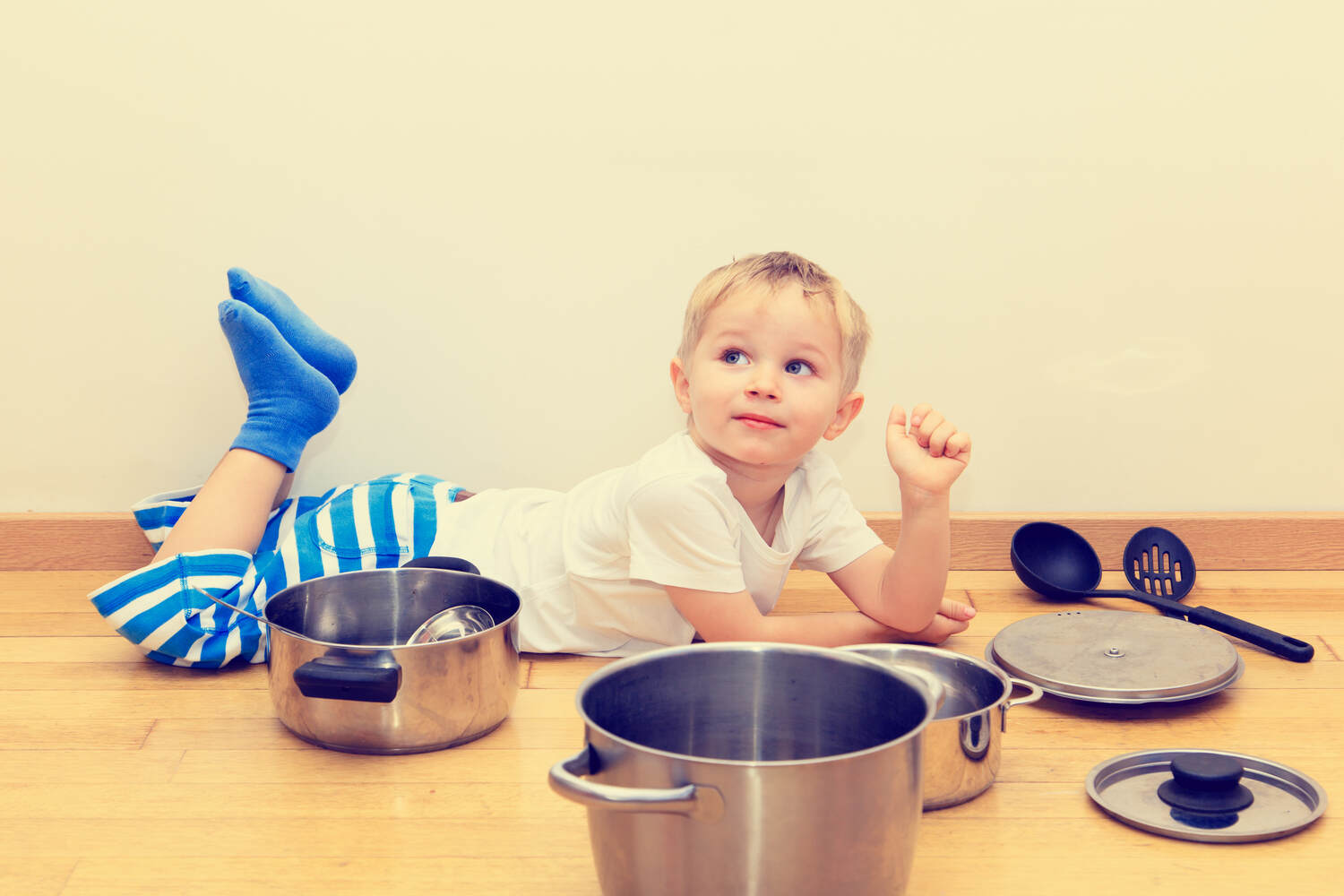
Gather a few items from your kitchen – they can be vessels or ladles. Ask your toddler to arrange them from big to small or vice-versa. This can help them learn about size, improve their visual skills, and also improve fine motor skills (picking and placing).
2. Flash Cards
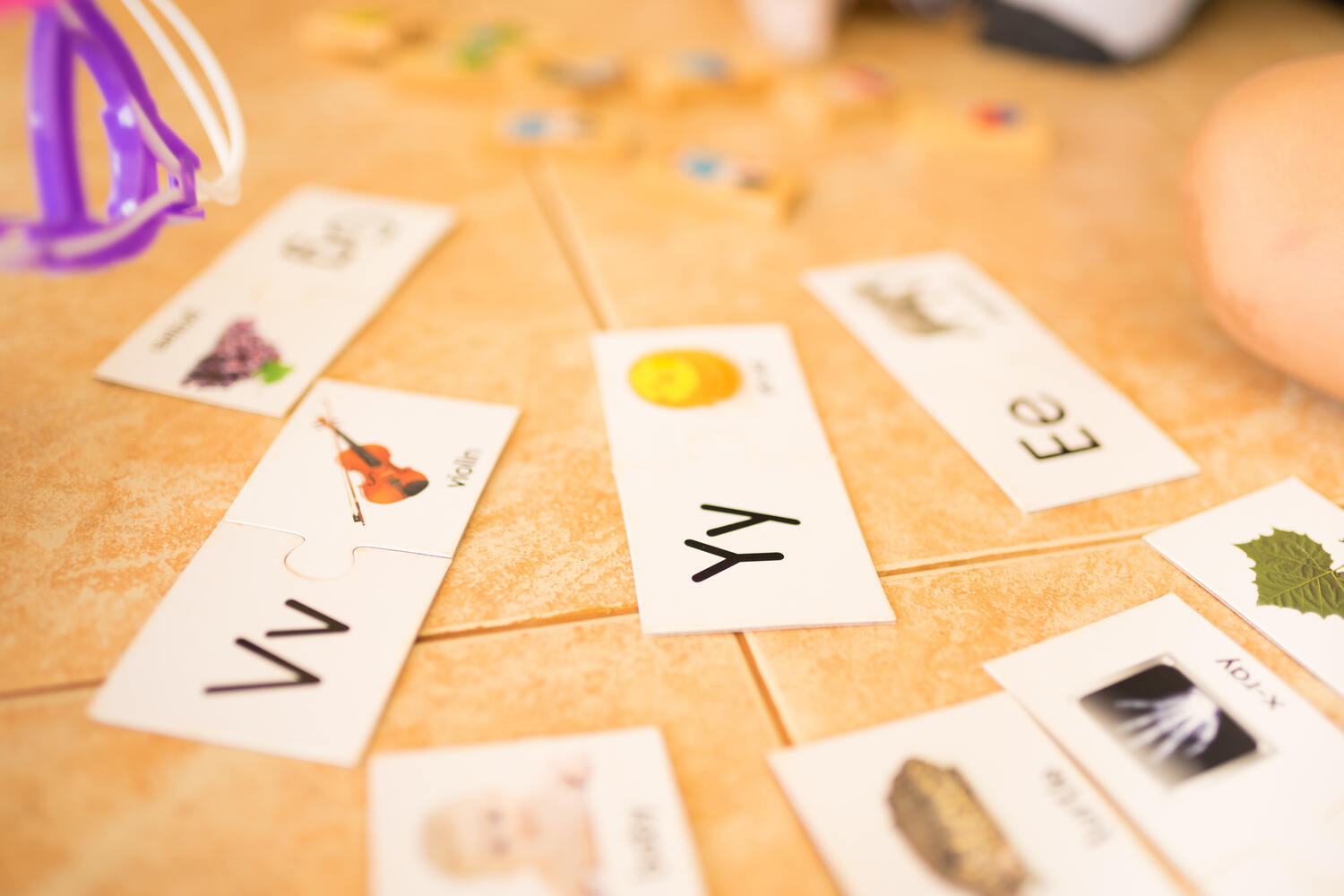
Flash cards can be your best go-to game when on the move. Carry a pack or two to keep your toddler busy when on the move or waiting. The packs are easy to carry and can teach your toddler a lot. Ask them to name the images in the cards, name the color of the image, or find a particular card from the stack. You can use one pack of flash cards multiple ways and it helps teach your toddler too.
3. Encourage Independence
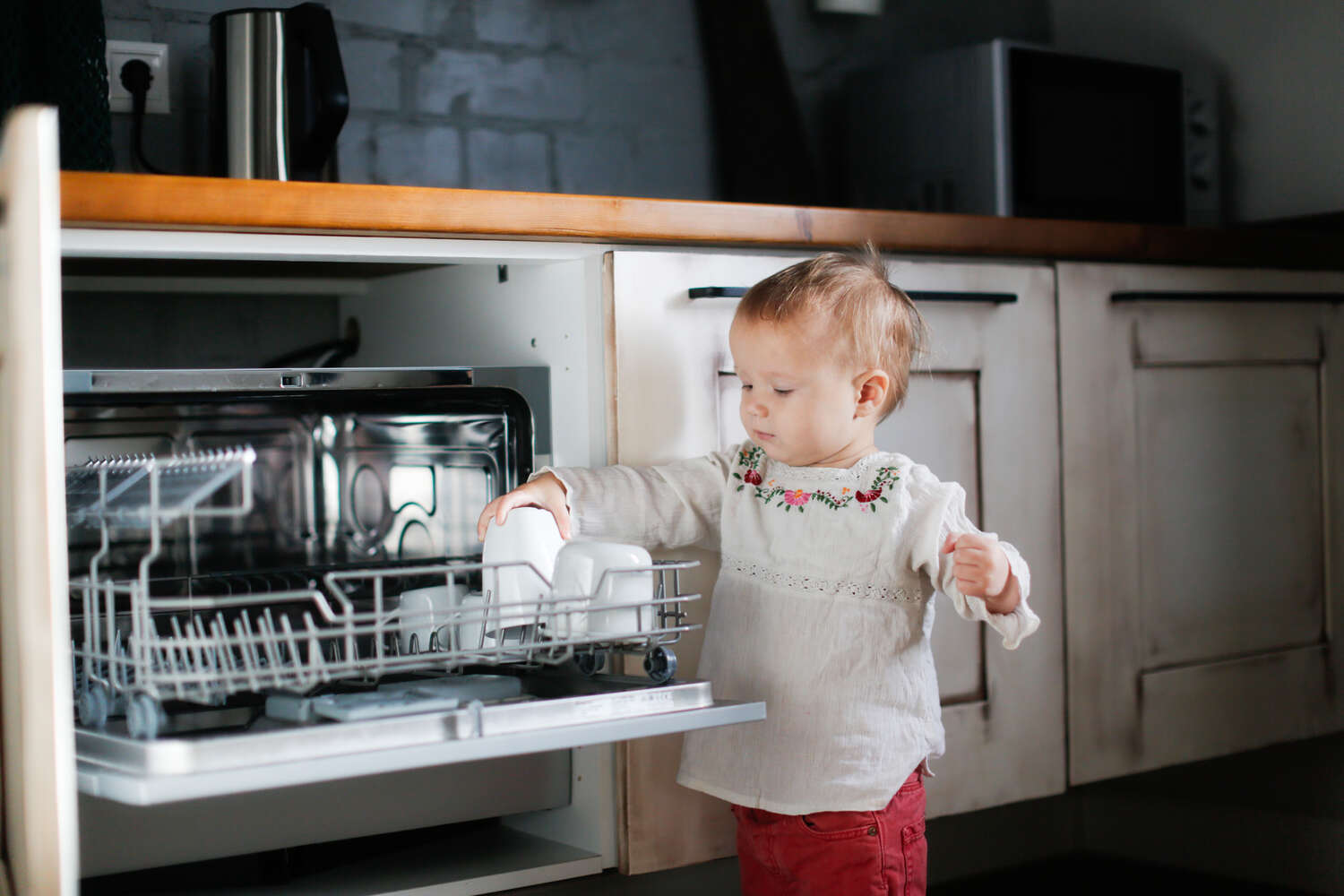
Encourage your toddler to do simple tasks on their own. Ask them to put away their toys on their own, or get the shoes out of the rack without help. You may have to repeat yourself. Doing simple tasks on their own is an essential toddler milestone. It will help them grow into an independent person who won’t expect others to do everything for them.
4. Matching Matching
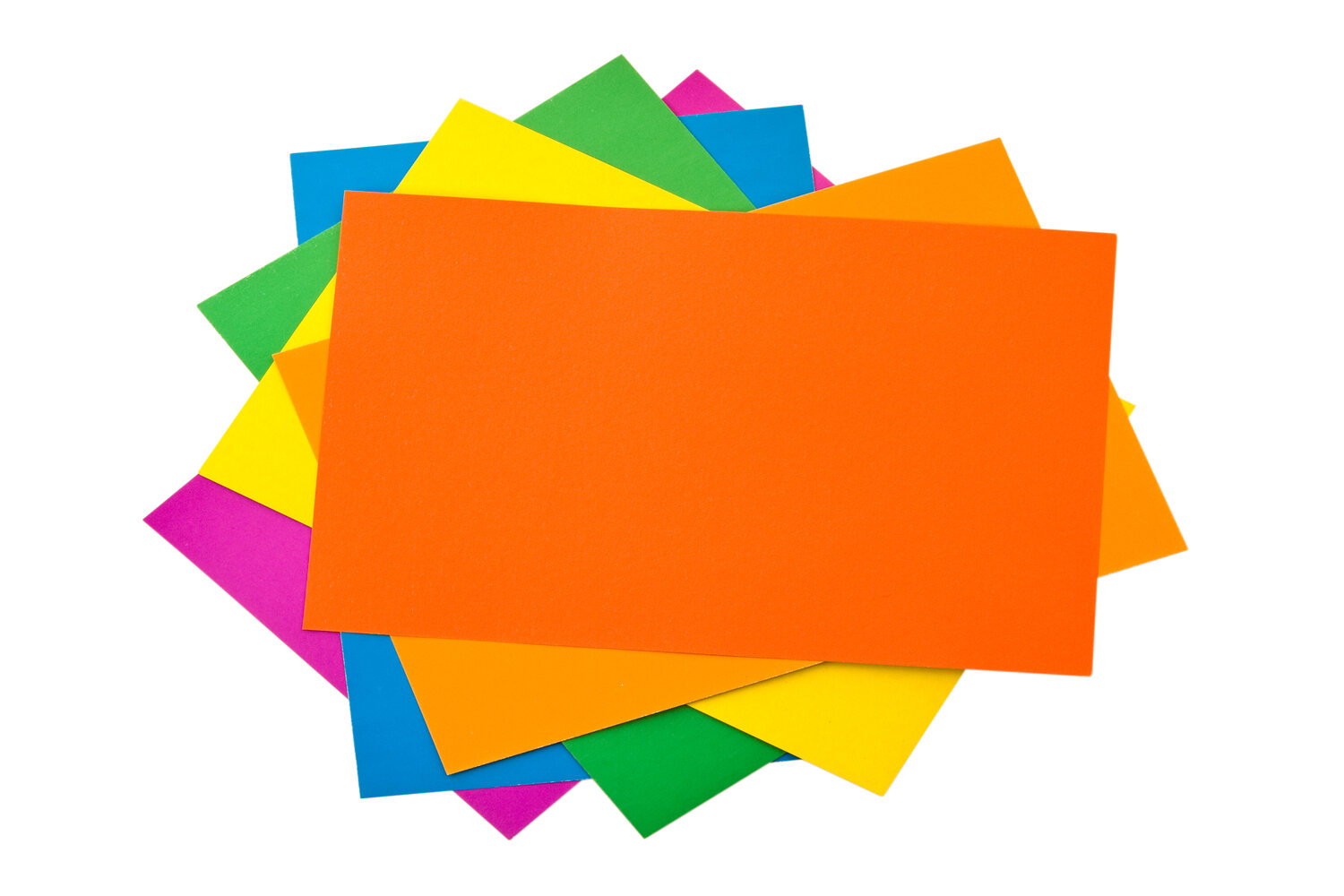
Get a few colored papers and lay them on the floor. Ask your toddler to find five items of each color from around the house and place them on the corresponding sheet. This helps them learn and distinguish colors. Telling the name of the color every time they place an item can help them learn the names very quickly and effectively.
Health And Care of Your Toddler
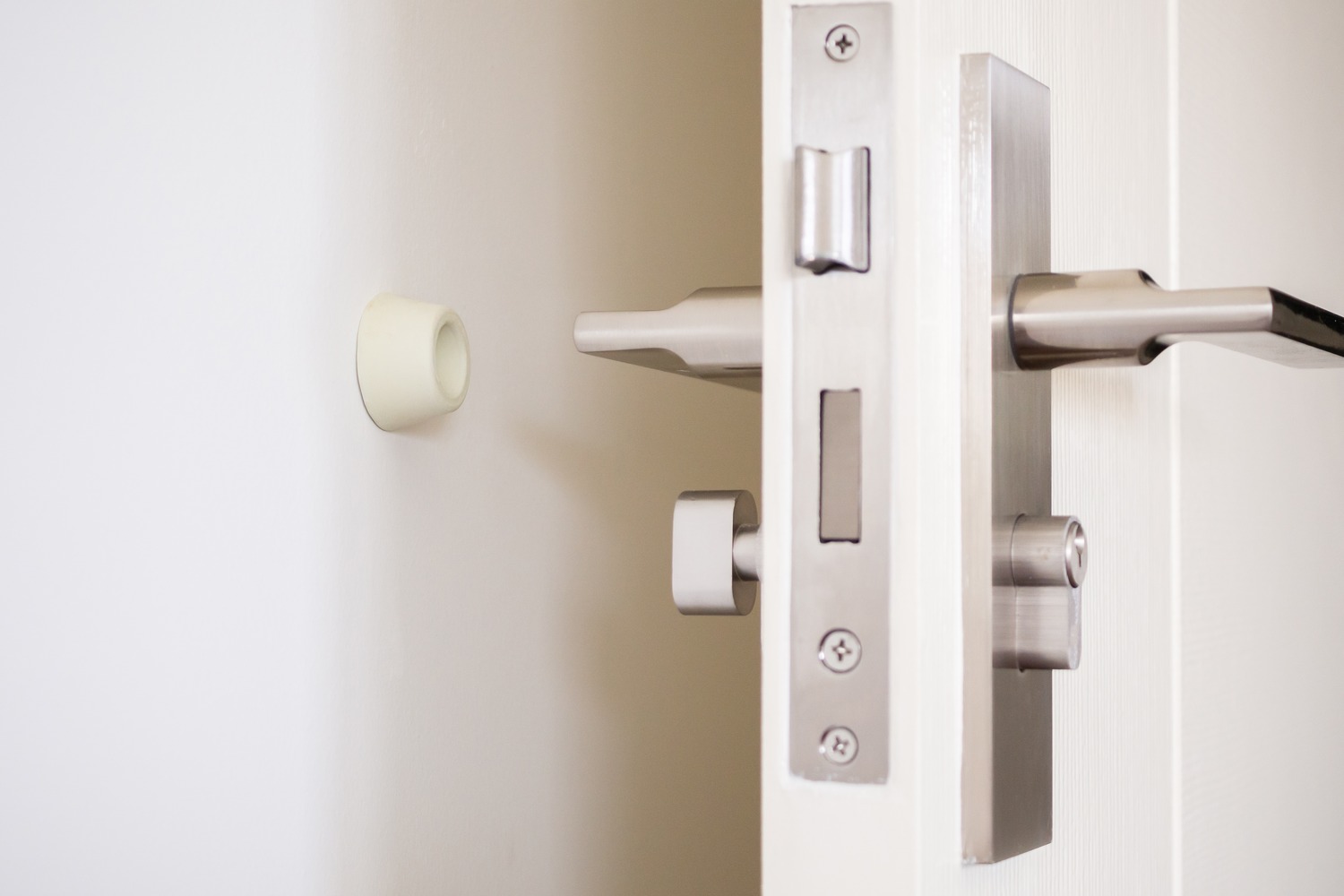
Here are some ways to effectively take care of your growing toddler’s health to help them attain those toddler milestones-
- Breakfast is an essential meal for a toddler. Never let your toddler skip breakfast as it can affect their metabolism as well as energy levels
- If your toddler is not eating much or if their solid intake seems to be reducing, try cutting back on their milk consumption. Milk can keep them fuller for longer, thus affecting their appetite (1)
- In case of teething pain or gum soreness, give them a water-filled teether. You can chill it or even freeze it for a while and let your toddler bite on it for some relief. When the last molars erupt, it can be quite uncomfortable (2)
- Keep an eye out for those little fingers and toes that can get jammed between toys, doors, and windows. Placing door stoppers away from your toddler’s reach can help prevent many accidents
Some Useful Tips For Your Toddler
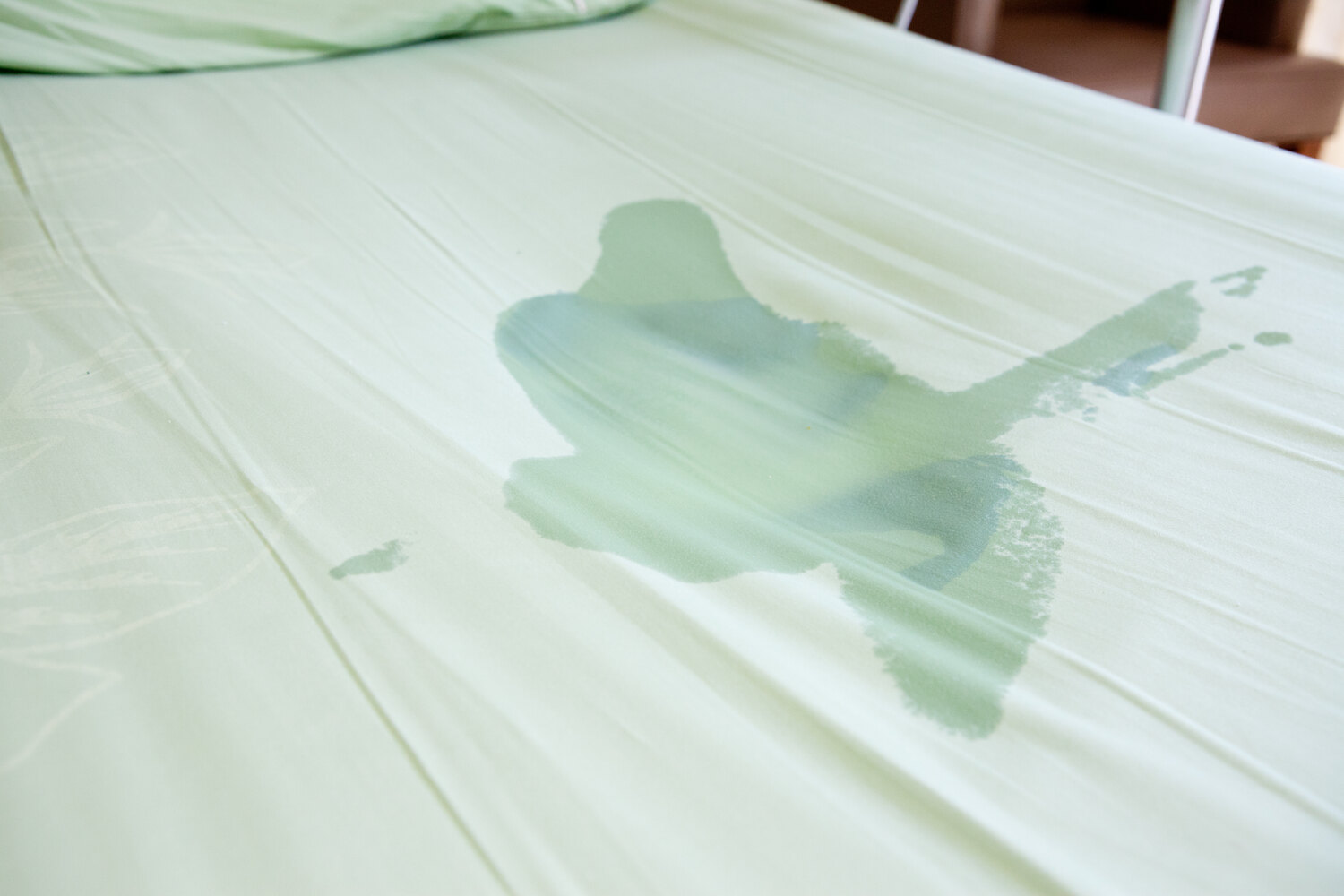
Here are some useful tips to aid your little one in meeting their toddler milestones-
- Toddlers tend to run away when they see a friend or something exciting. It can be very dangerous in a crowded place like malls. Keep reminding your toddler to never let go of your hand or run away when you go out
- Teach your toddler to scream “This is not my mother” or “This is not my father” if someone tries to drag or carry them away. If they just scream or cry, people around can mistake it for a tantrum. When they clearly tell the person taking them is not their parent, it will draw a lot of attention
- If your toddler is complaining about you repeating the snacks, it’s time to mix it up. You can use a homemade flavored khakhra (Indian Cracker) instead of plain crackers and load them with cheese cut into interesting shapes using a cookie cutter
- Even potty-trained toddlers can wet their beds at night. Use a bed protector and blankets instead of a comforter or a quilt. They are easier to wash and dry. You can use training pants if you don’t want your toddler’s sleep to be disrupted
Picky toddlers who want to do everything on their own and want instant answers to their million questions can be exhausting to handle. Your toddler is learning and developing at a great pace. Be a little patient and you will see your efforts paying off very soon when they attain their toddler milestones one after the other.
FAQ’s
1. Is There a Sleep Regression at 33 Months?
Teething toddlers can experience some sleep regression due to all the pain and discomfort. Starting school or playgroup can also make the toddler anxious and disrupt their sleep.
2. Why is my 33-Month-Old so Clingy?
Toddlers develop a strong emotional connection with their primary caregivers and parents by now. Having to separate from any of them can be difficult for the toddler and their emotionally immature brain. The fear of moving away from someone they love or trust can be scary. Toddlers get clingy when they want to be with you.
3. What Time Should a 33-Month-Old go to Bed?
A 33-month-old toddler should get at least 10 hours of sleep at night. Reverse calculate the time from when they have to wake up in the morning if they have to go to school or have a set routine. If the entire family goes to bed early, they can follow the family’s schedule.
References
- How Do Toddler Eating Problems Relate to Their Eating Behavior, Food Preferences, and Growth? – [https://shorturl.at/DEJM0]
- Children – [https://www.ida.org.in/Public/Details/Children]

